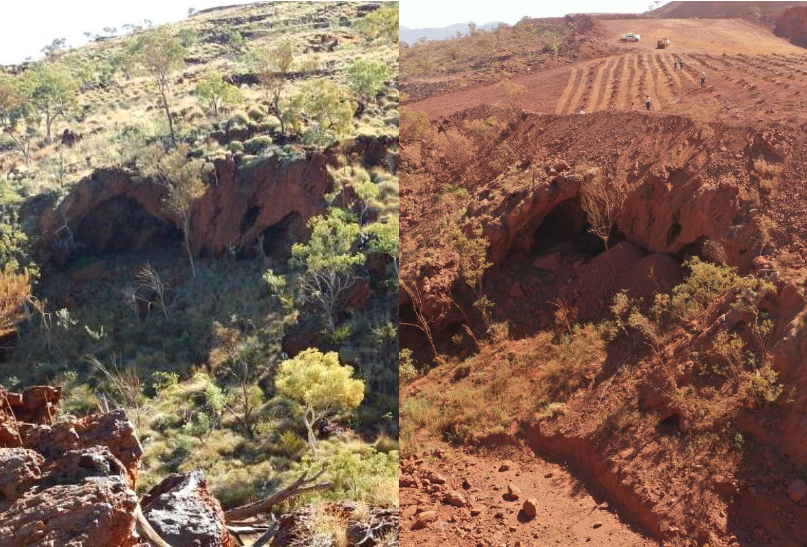WA change undone
 The WA Government has reversed course on its Aboriginal heritage laws.
The WA Government has reversed course on its Aboriginal heritage laws.
In the aftermath of Rio Tinto's destruction of ancient caves at Juukan Gorge, Western Australia's outdated cultural heritage laws came under intense scrutiny, revealing their inadequacy.
The government's recent amendments to the Aboriginal Cultural Heritage Act in 2021 aimed to prevent such catastrophic events in the future.
However, the changes have led to confusion among farmers and frustration among traditional landowners.
The government, after a mere five weeks of implementation, is now doing an about-face.
The government says that any activities potentially damaging Aboriginal cultural heritage still necessitate approval under the original 1972 act requiring ministerial approval for even minor actions, known as Section 18 approval. The 2021 update introduced a tiered system of approvals.
Under the new rules, constructing a fence without clearing required no approval. However, developing a new mine site with extensive excavation demanded a management plan approved by a local Aboriginal organisation, at the developer's expense.
Yet, the implementation of these tiers led to significant confusion, prompting the government to abandon them.
Critics suggested that everyday activities, such as gardening, building a garage, or even burying a pet in the backyard, might be hindered by the regulations.
The government clarified that these actions were exempt, along with properties smaller than 1,100 square metres. Understandably, the strongest objections arose from the farming community.
Addressing the prevention of future Juukan Gorge-like incidents, the previous rules required landowners seeking to damage or destroy heritage sites to obtain Section 18 approvals from the minister.
While developers could appeal ministerial rejections, traditional owners had no such recourse.
In response to mounting criticism, the government is amending the laws to grant native title parties the right to appeal when their cultural heritage is affected.
Developers will also be obliged to inform the government of any new heritage information.
Indigenous groups' reactions to the repeal of the laws have been mixed.
Traditional Owners of Juukan Gorge expressed betrayal and regarded the repeal as a step backward.
Representatives of the Puutu Kunti Kurrama and Pinikura Aboriginal Corporation conveyed disillusionment with the government's ability to safeguard culturally significant sites.
The government is formally repealing the 2021 legislation, reinstating the original 1972 laws with key amendments. The Local Aboriginal Cultural Heritage Services body established in 2021 will be dissolved.
The government says it will initiate cultural heritage surveys in “high priority” areas of the state, sparing ordinary landowners from such obligations.








 Print
Print